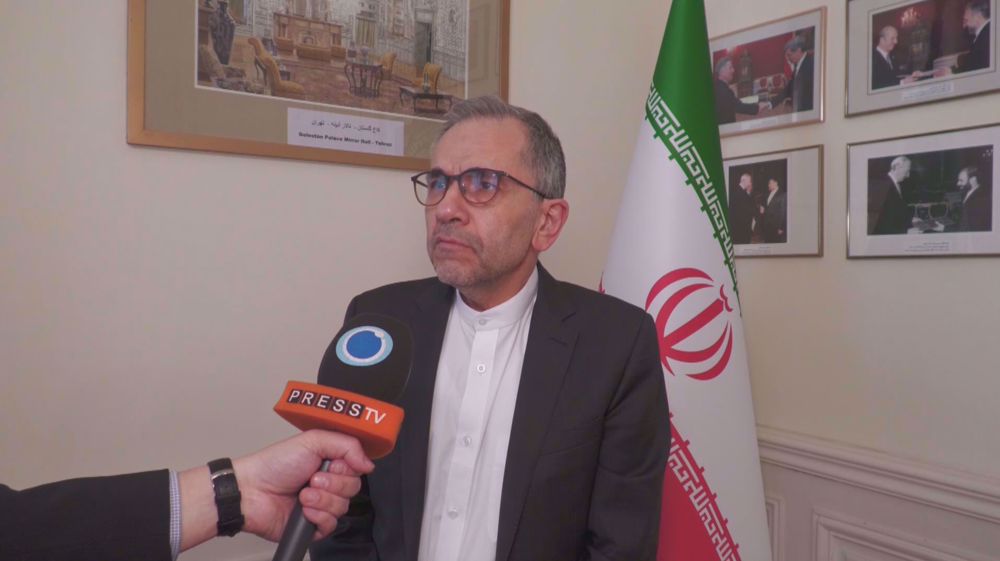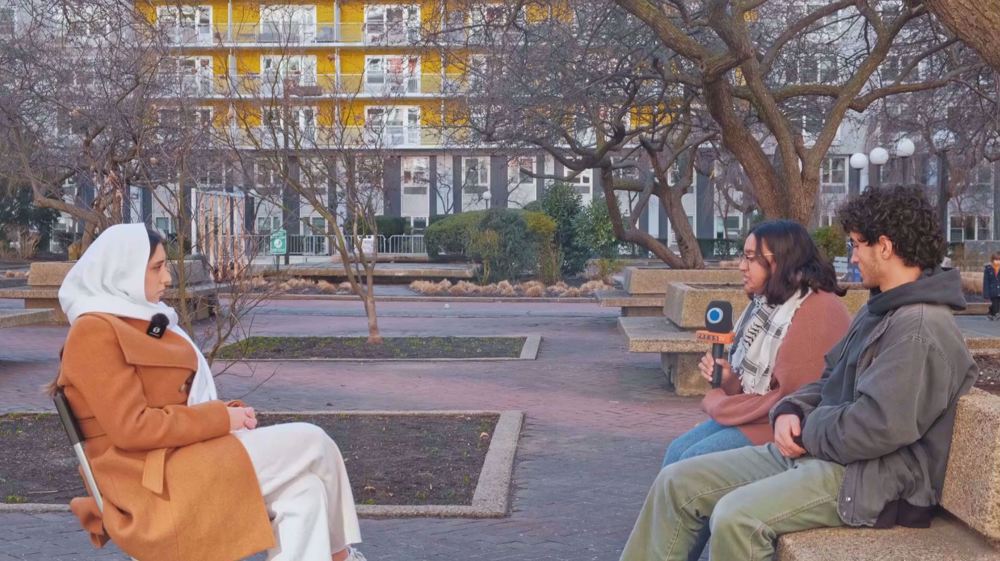Colombia-FARC de-escalation deal to break down: Analyst
Press TV has conducted an interview with Dennis Small, with the Ibero-American desk of the Executive Intelligence Review in Washington, about the Colombian government and the Revolutionary Armed Forces of Colombia (FARC) rebels coming to a landmark agreement to de-escalate fighting in the country.
Following is a rough transcription of the interview.
Press TV: First of all, we have seen over the past years different confidence building steps to be taken by the FARC rebels as well as the government, but they have failed. Are you optimistic about this round?
Small: No I am not optimistic about this round. We have seen this movie before. There have been repeated promises on both sides and there is no reason to believe that this one will hold up.
The fact to the matter is that the FARC very regularly makes these promises but the FARC is not an ideologically driven guerrilla group. The FARC is a cocaine cartel. They are drug traffickers and the only basis on which they will actually reach an agreement with the Colombian government is with the legalization of the drug trade. If that is not agreed to by the Colombian government then this agreement will break down. Personally I hope that that is not agreed to because I think the legalization of drugs would be a disaster.
Press TV: But setting the drug question aside, why then come to the negotiating table? Is it negotiations for the sake of negotiations because from where it looks right now the Colombian government is not ready to legalize cocaine trade?
Small: Well with all due respect you cannot set the drug question aside when you are looking at FARC in Colombia. The Santos government in Colombia is in fact quite open to the idea of legalization. They have worked with Tony Blair and people in the British parliament who are in favor of it but there are forces inside Colombia that are very much opposed to it.
The big difference now is that the Obama administration in United States has tolerated and is proceeding with the partial legalization of drugs such as marijuana in a number of states. The reason for this is because the big beneficiaries of the drug trade are not so much the traffickers but the large international financial institutions, the major banks that depend on about one trillion dollars a year in drug money to try to keep their institutions afloat.
So the big issue if you want to stop drugs, the most significant thing is the fact that the United States Senate now has before it a new law, a return to the Glass-Steagall law under Franklin Roosevelt which separates speculative banking from productive banking and that would dry up the entire illegal drug trade financial apparatus instantly.

Press TV interviews Iran deputy FM on nuclear program, sanctions relief

The price we paid for freedom

ICC's arrest warrant for Netanyahu to worry Western politicians: Former British diplomat
VIDEO | Iranians rally to condemn Israeli atrocities in Gaza
VIDEO | Record surge in Israeli home demolitions across occupied West Bank
VIDEO | Entire family killed in Israeli strike on house
Iranians rally nationwide in support of Gaza, blast international silence
Trump admin. declares thousands of living immigrants dead, pushes for ‘self-deportation’
Retaliation rages on: Yemen targets US aircraft carrier in Red Sea with missiles, drones
Saudi Arabia calls for 'maximum pressure' on Israel as UN warns of ‘longest Gaza blockade’
Pezeshkian says relations with Iraq ‘priority’, hails proximity of two nations






 This makes it easy to access the Press TV website
This makes it easy to access the Press TV website